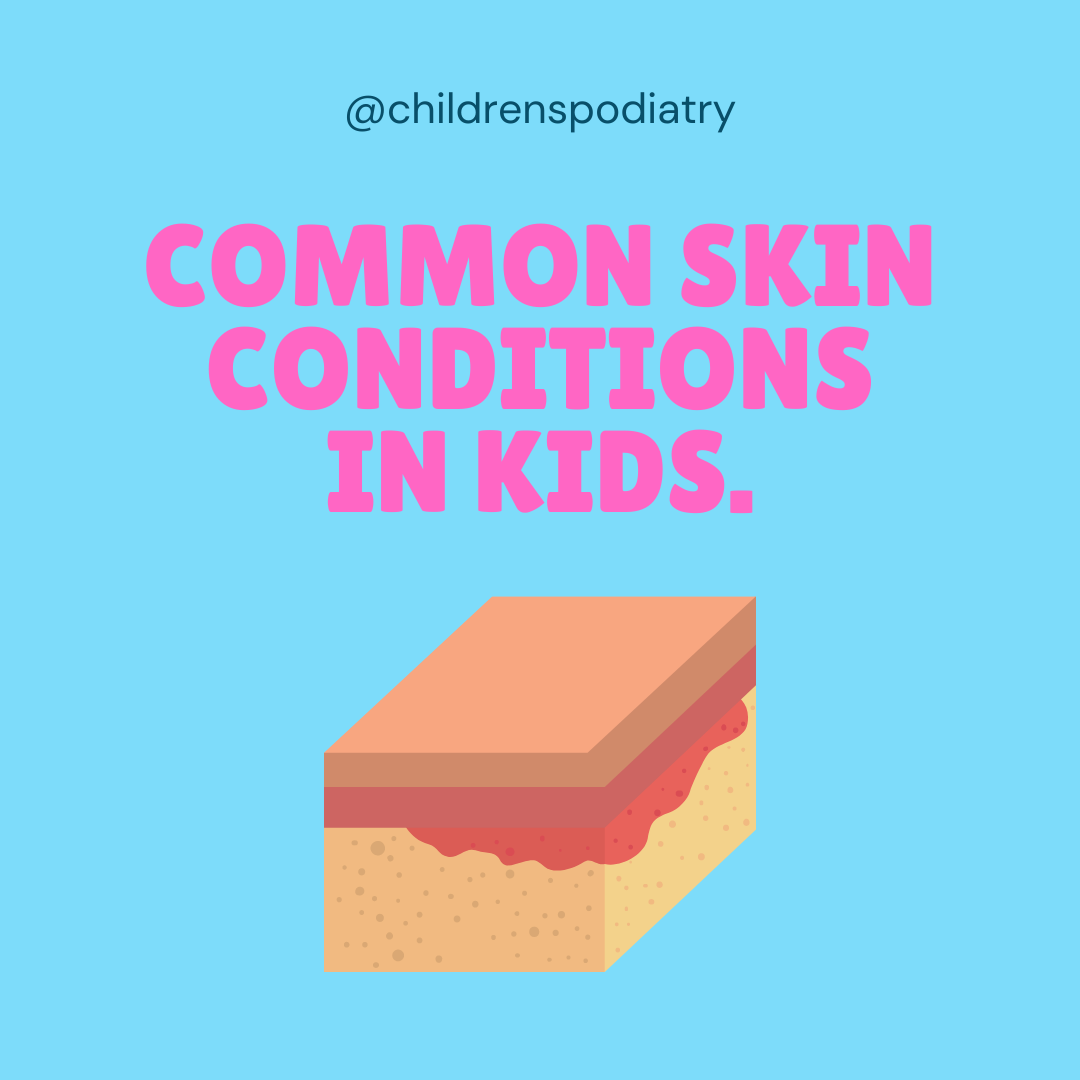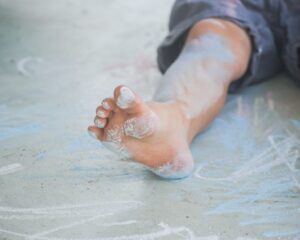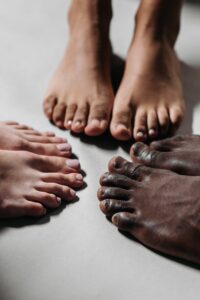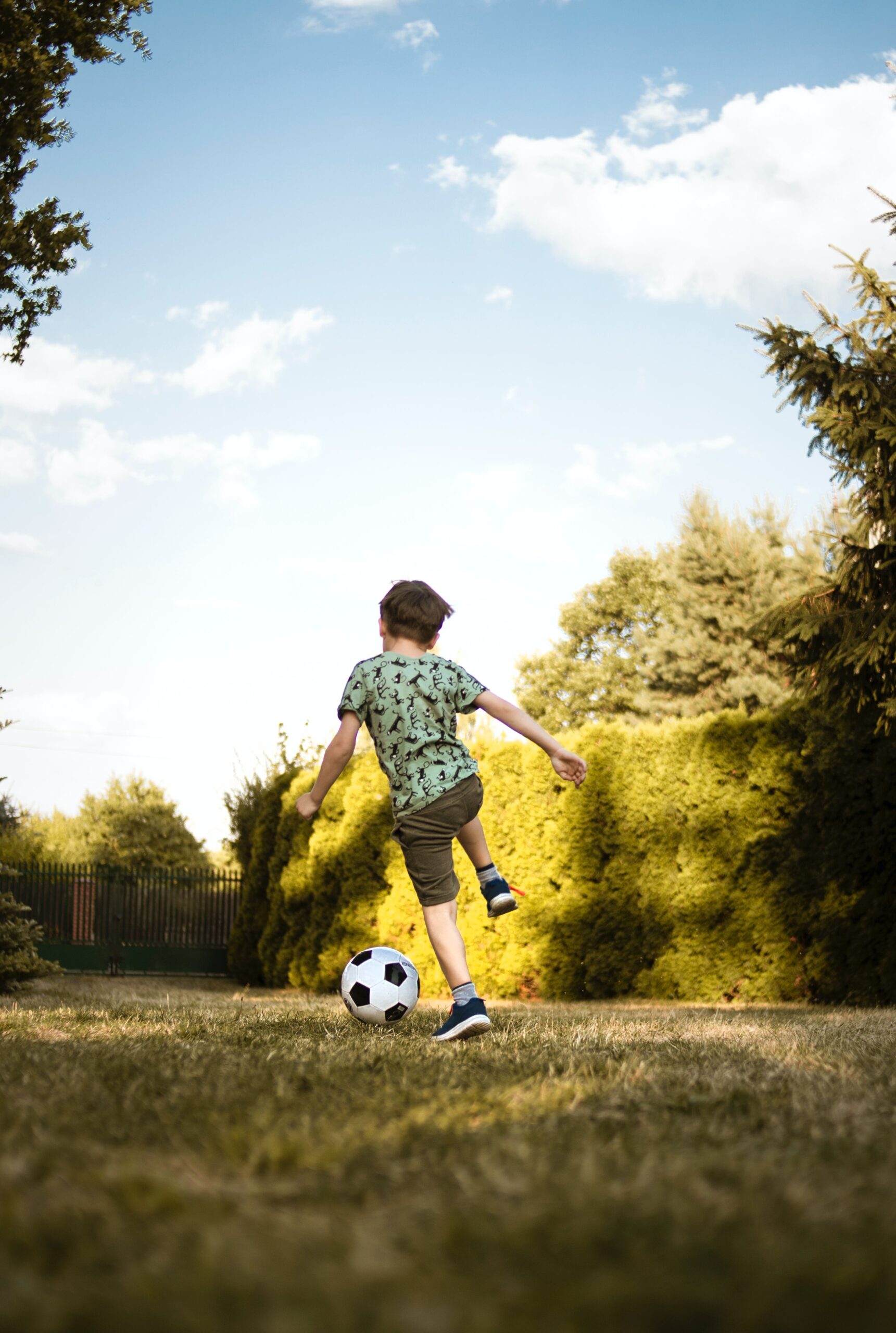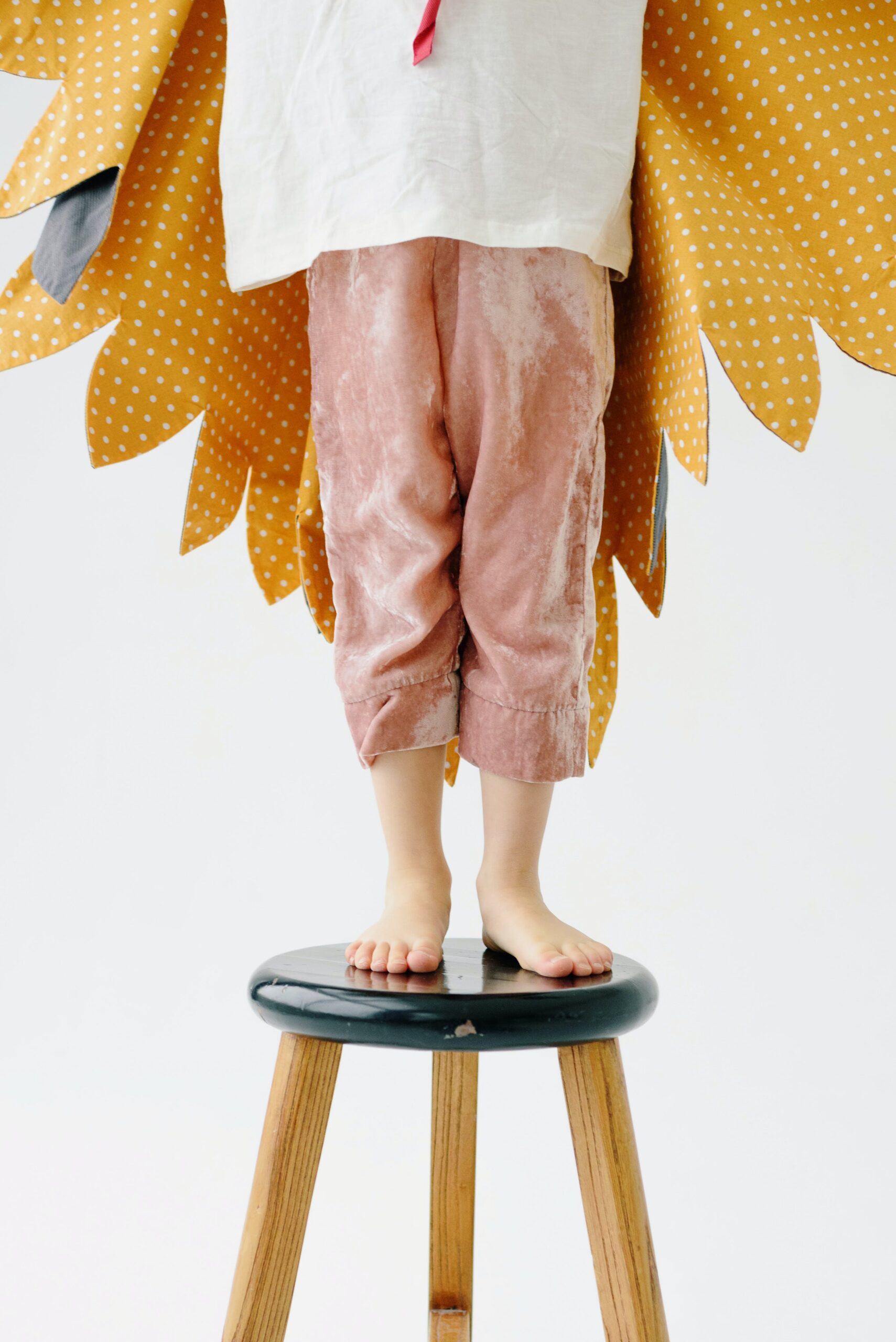What’s going on with my child’s skin?
Skin conditions are relatively common in children, and most of the time won’t seriously impact their quality of life. Two conditions to keep an eye out for, however, are Eczema and Psoriasis, which can start to interfere with your child’s life & are treatable.
Eczema is an inflammatory skin condition that causes dry skin, itchy skin, rashes, scaly patches, blisters and skin infections. It is typically caused by an allergen in your environment that triggers an inflammatory response in the body.
Psoriasis is a chronic autoimmune condition that causes the rapid buildup of your skin cells. This buildup of cells causes scaling on your skin’s surface. This condition is the result of an issue in the immune system or can be genetic. It is not contagious, even with direct physical contact.
How do we treat these skin conditions?
It is important to note that there is no cure for Eczema however, treatment can help alleviate symptoms.
- Moisturisers. These are applied topically and it is recommended to apply oil based moisturisers post baths/showers for best absorption.
- Topical corticosteroids. Corticosteroids are used to help reduce inflammation of the skin
- Oral tablets. Antihistamines can be taken to help reduce symptoms.
- Phototherapy. Also, referred to as light therapy can be prescribed. This may be in the form of exposure to natural sunlight or through the use of laser therapies, artificial UV rays or a combination of topical treatment with UV light.
The treatment for mild cases of Psoriasis is somewhat similar to Eczema, and becomes more intense as the condition progresses:
- Topical treatments: Ointments, creams, corticosteroids and special shampoos and conditioners can be prescribed to help assist in minimising the symptoms of Psoriasis
- Phototherapy: Also, referred to as light therapy can be prescribed. This may be in the form of exposure to natural sunlight or through the use of laser therapies, artificial UV rays or a combination of topical treatment with UV light.
- Intravenous or oral therapy: These are often given as a last resort to treat psoriasis that is quite severe and resisting more conservative treatment options. These are often provided in smaller doses.
Can these conditions be prevented?
Whilst we cannot completely eliminate these conditions once they present, there are several strategies to manage both Eczema and Psoriasis at home.
Below are a few tips that can help with reducing Eczema flare ups!
- Shorter baths/showers whilst avoiding the use of hot water.
- Unscented and soap-free cleansers can provide a gentler cleanse without over drying the skin
- Avoid overheating and ensure hydration levels are up kept
- Avoid known allergens
- Managing stress levels through exercises such as deep breathing can help prevent flare ups
What can you do to help manage psoriasis at home?
- Keeping a wholesome, nutritional diet. This can help avoid common sickness which may cause psoriatic flare ups
- Keep skin clean and hydrated through the use of soap free and gentle cleansers and moisturiser applied post baths and showers
- Safe exposure to natural sunlight can help with psoriasis. Daily walks or activities outdoors is a good way to encourage safe exposure.
- Ensuring your child is provided with emotional support as some children may struggle with dealing with the challenges of psoriasis

